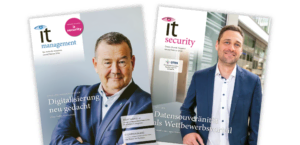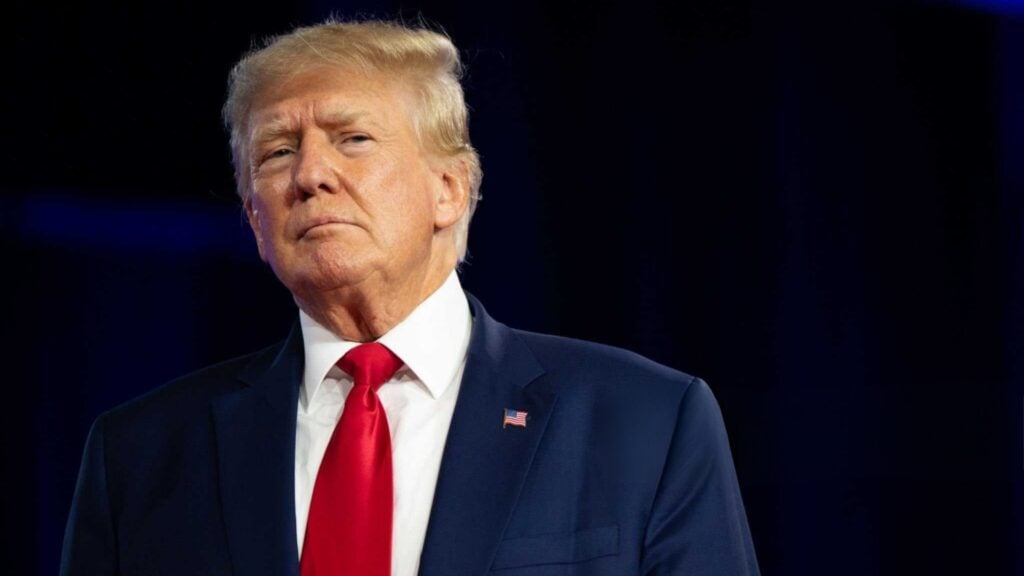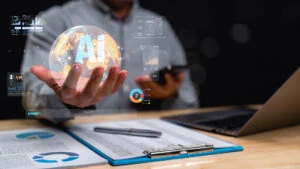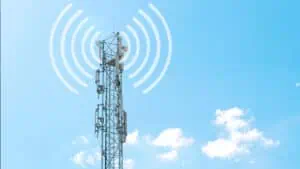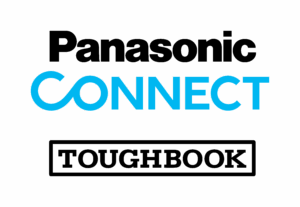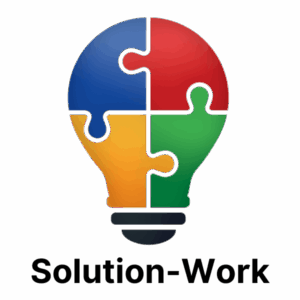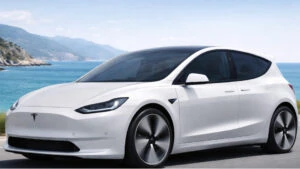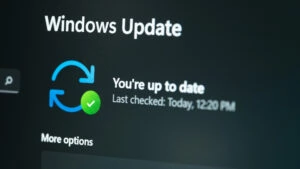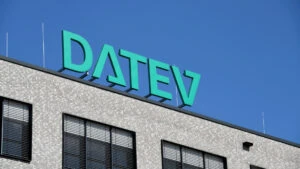Donald Trump has threatened to impose tariffs of 100 percent on chip imports into the USA – and has immediately outlined a way around them.
Companies would have to commit to investing in the United States to qualify for exemptions, as the US President explained during an appearance with Apple CEO Tim Cook.
Trump called the exemption “good news for companies like Apple.” Cook had announced shortly beforehand that Apple would increase its US investments by $100 billion. The money will primarily fund the expansion of component production over the next four years. Apple had already announced $500 billion in US investments back in February.
Semiconductor tariffs without exemptions for major suppliers would likely drive up electronics prices across the board in the USA – since the vast majority of chips are manufactured in Asia. The advanced chip systems for iPhones and other smartphones come almost exclusively from Taiwan via contract manufacturer TSMC. However, TSMC has already announced $165 billion in investments for US semiconductor factories.
Overall, industry observers viewed Trump’s announcement as positive news for many large suppliers, who can expect to avoid tariffs thanks to their investment commitments. Trump had been floating the prospect of chip tariffs for some time – and there was concern they might simply affect all semiconductors not produced in the USA.
Tariff threats instead of subsidies
For years, the USA and Europe have attempted to bring more chip production back to the West. Former US President Joe Biden – followed by the EU Commission – relied on billions in subsidies to achieve this goal.
Trump calls this approach wasteful and views tariffs as the superior strategy. Building a chip factory consumes billions of dollars and takes years to complete. The migration of industry to Asia has been driven by decades of government subsidies there.
Golden gift for Trump
Apple announced it would hire 20,000 new employees in the USA over the coming years, primarily in research and development. The investments will also benefit existing US suppliers such as glass manufacturer Corning. Going forward, all iPhones and Apple watches worldwide will feature glass from the USA. Notably, the special glass for the first iPhone in 2007 also came from Corning’s factory in Kentucky.
Cook also presented the US President with a memento: a round pane of Corning glass featuring the Apple logo and an inscription. The stand came from Utah – “and it’s 24-carat gold,” the Apple CEO noted. Trump has a well-known fondness for gold and previously had walls in the White House’s Oval Office decorated with gold accents.
Trump drops iPhone production demands
Meanwhile, Cook appears to have successfully convinced Trump that iPhone manufacturing won’t be moving to the USA anytime soon. Currently, most iPhones sold in the US are shipped from India – and Trump had previously demanded US production. Now he has shown flexibility: Apple manufactures many components in the USA, while final assembly occurs elsewhere. Based on Cook’s investment promises, Trump announced: “Apple is coming back to America.”
Industry experts stress this transition faces numerous obstacles. The electronics industry’s supply chains have been established in Asia for decades. Cook has previously emphasized that unlike countries such as China, the USA lacks sufficient skilled workers for such manufacturing. One analyst estimated that a US-made iPhone would cost approximately $3,500.
Apple originally had iPhones and other devices manufactured in massive industrial complexes in China. Following supply disruptions caused by Chinese lockdown measures during the coronavirus pandemic, production has expanded to India and Vietnam in recent years. Apple devices sold in the USA, such as iPads and Mac computers, currently come from Vietnam.
Skepticism about major changes
“I’m very skeptical,” analyst Patrick Moorhead told US broadcaster CNBC when asked whether Apple would now shift a significant portion of its value chain to the US. Longtime industry analyst and current investor Gene Munster characterized the announcement as a strategic compromise: “Trump gets the headline, and Cook gets the tariffs waived.”
dpa

